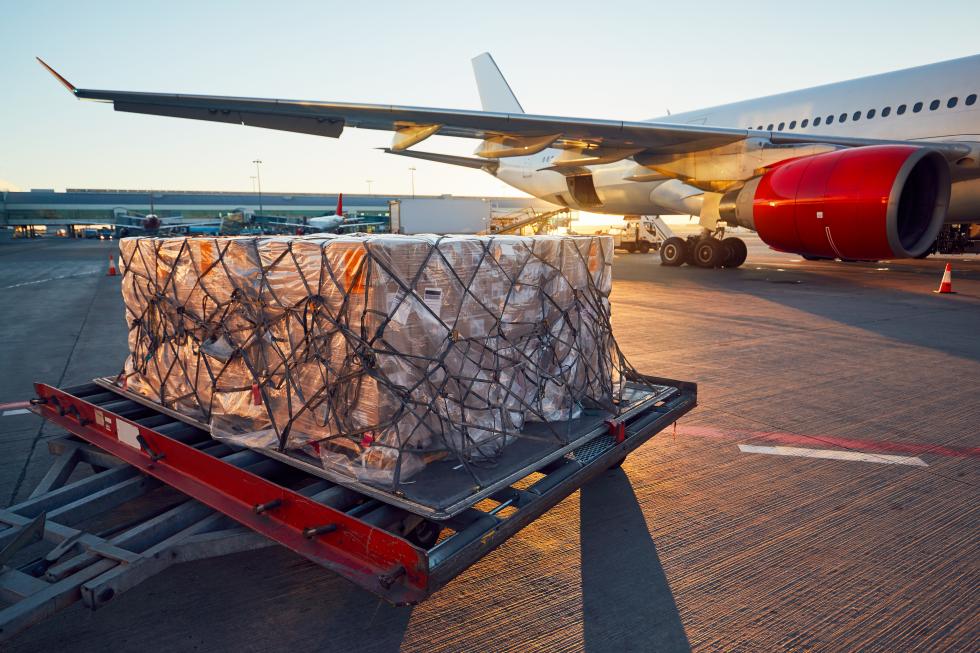

Pharmaceuticals and healthcare
New Medical Device Regulation: Is this now the end for parallel imports?
What are the implications of the new Medical Device Regulation for companies that purchase medical devices in neighboring European countries and want to import them into Switzerland? If the current mutual recognition agreement between Switzerland and the European Union is not renewed, the European medical device manufacturers will have to designate an authorized representative in Switzerland. Without a Swiss authorized representative, no medical device may be imported into Switzerland. This new obligation also affects parallel imports. Are there ways to avert impending supply bottlenecks?
On 26 May 2021, the European Medical Device Regulation (EU-MDR) will come into force - one year later than originally planned. This new regulation applies to all member countries of the European Union. Switzerland is not a member to the European Union nor does it take part in the European Economic Area. Switzerland and the European Union, however, have entered into a mutual recognition agreement (MRA). Under this treaty, each party accepts that medicinal devices produced by manufacturers of one party comply with the technical regulations of the other party. This allows manufacturers from both parties to market their products in a joint market and thereby avoid technical barriers to trade. Following the changes to EU-MDR, Switzerland revised its own medical device regulations. As a result of these changes, Switzerland and the European Union must amend the MRA to avoid technical barriers on their trade in medical devices.
What if EU negotiations fail?
Due to political differences, however, the functioning of the MRA now appears to be in jeopardy. The European Commission has made continuing with the MRA dependent on progress with the negotiations on the institutional framework agreement. According to diplomats on both sides, it seems unlikely that a solution can be found by 26 May 2021. If the MRA cannot be amended - because the negotiations on the institutional framework agreement are blocked - market access for medical devices will no longer be guaranteed. Rather, imports will be faced with costly additional administrative burdens. Due to the associated increase in costs, industry experts fear that foreign manufacturers will be reluctant to make their products available in Switzerland.
To avoid supply bottlenecks, the question arises as to whether Swiss healthcare providers should be allowed to import the missing medical products from abroad and how they should proceed. This question is also relevant for hospitals, laboratories, and other service providers who have previously imported medical devices or in vitro medical devices from the European Union and would prefer to continue doing so.
Effects on the Swiss healthcare system?
In Switzerland, only legally compliant medical devices may be placed on the market. The new Swiss Medical Devices Ordinance (Medizinprodukteverordnung, MepV), also expected to come into force on 26 May 2021, regulates in detail the conditions under which a medical device is deemed legally compliant. If an importer has reason to believe that a product does not meet the legal requirements, he may not place it on the market.
For each medical device imported into Switzerland, the foreign manufacturer must designate an authorized representative who is established in Switzerland. This Swiss authorized representative represents the manufacturer in Switzerland and is also the contact person for the authorities. He assumes both the responsibilities and risks incumbent on the manufacturer and is jointly and severally liable for any product defects. No foreign medical device may be imported into Switzerland without the appointment of a Swiss authorized representative.
Only the manufacturer may appoint an authorized representative. Third parties cannot do so, not even with the manufacturer's consent. Nor can the authorities appoint an authorized representative ex officio.
Anyone who imports medical devices into Switzerland without the manufacturer having appointed a Swiss authorized representative may be subject to criminal sanctions. The obligation that only products may be imported into Switzerland where the manufacturer has appointed a Swiss authorized representative applies to all imports, regardless of whether the manufacturer has consented to the importation or not. Parallel imports are not exempt from this obligation. All this poses major challenges for Swiss hospitals, laboratories, and other healthcare providers if they wish to import medical devices from countries of the European Union after 26 May 2021, as they have done in the past.
What is to be done?
Clarify at an early stage whether and for which medical devices a supply shortage is imminent by proceeding as follows:
-
Analysis of EU products: Which products originate from the EU and who distributes them in Switzerland?
-
Contact EU manufacturers and clarify whether the products are to be imported into Switzerland and by whom.
-
Immediately locate substitute products, especially if the EU manufacturer declares that it will not supply the Swiss market nor appoint a Swiss authorized representative.
Is there a way out?
The final act has yet to be written. Encouraging, however, is that Swissmedic, the Swiss agency for therapeutic products and competent to enforce the new legislation, has recognized that a supply bottleneck could materialize when it writes in response to a corresponding inquiry:
« At the moment, it is not yet entirely clear what the legal situation for medical devices will look like on 26 May 2021. What will certainly be binding is the then valid MepV version. »
What Swissmedic meant was that the Federal Council could change the transitional provisions for the MepV at the very last moment. This would give market participants more time to prepare for the new situation. This is particularly important for the appointment of a Swiss authorized representative.
Appointing a Swiss authorized representative, however, is only one of several ways to legally import medical devices into Switzerland. Therefore, an adjustment of the transitional provisions does not change the fact that market participants must already prepare for various eventualities and find solutions for the upcoming problems. The sooner, the better.
Implications in case the framework agreement with the European Union fails
With a failed agreement, there are only losers in the Swiss healthcare system, and surely no reason to cheer:
-
The additional administrative burden will ultimately be paid by higher Swiss premiums and the Swiss tax payers. Alternatively, medical devises will no longer be available in Switzerland, and therefore they are missing in the treatment of Swiss patients. This also affects products that are currently urgently needed in the pandemic, such as medical face masks or respirators.
-
The new regulation brings additional bureaucratic burdens, which do nothing to bring any additional safety to the patients. On the contrary, additional and unnecessary tasks act as a stumbling block to market participants and authorities, hindering them from fulfilling their actual duties. All this in addition to the cumbersome and legally challenging implementation of the new Medical Device Regulation.



